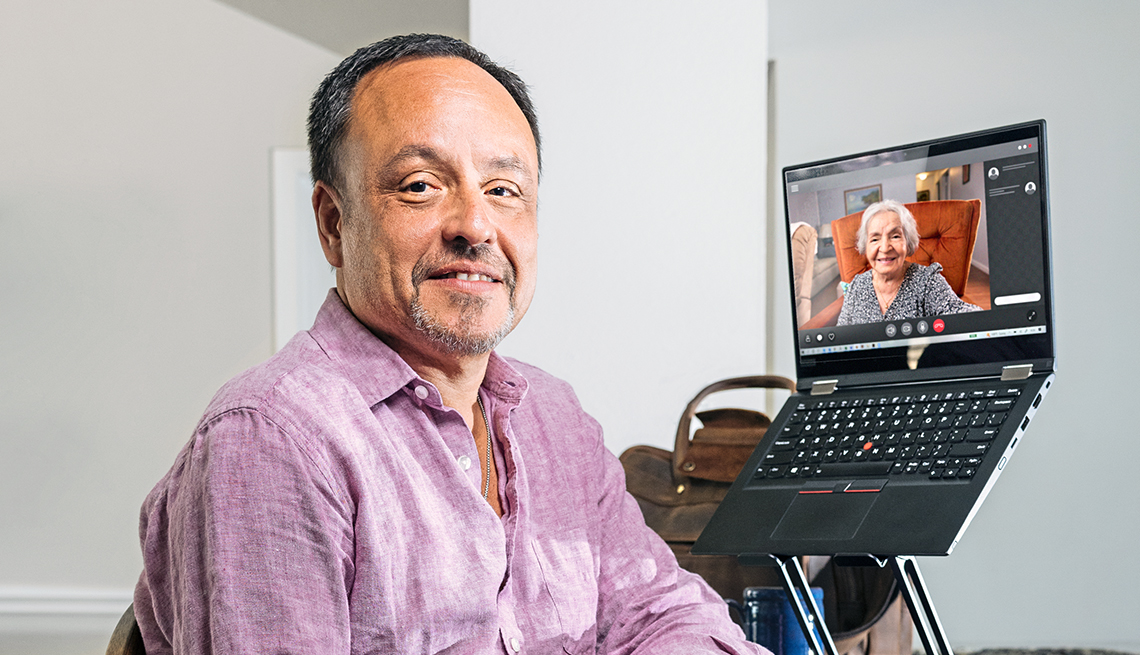Staying Fit
The Problem
How do you plan for assisted living? After Clara Gonzalez, 87, had a few falls (nothing broken), that was the question from her son, Ramon, 56. Like so many family matters, this one is complicated. First, by location: Clara, fiercely independent, owns a condo in Orlando, Florida, with none of her three sons nearby. Second, by benefits: Ramon thought his mother could sell her place and use the expected $100,000 in proceeds to cover living costs. But he wondered whether that windfall would reduce her Medicaid and Medicare coverage or Social Security benefits.


AARP Membership— $12 for your first year when you sign up for Automatic Renewal
Get instant access to members-only products and hundreds of discounts, a free second membership, and a subscription to AARP the Magazine.
The Advice
Financial questions often open the door to questions that are not so financial at all. That became clear in a four-way phone call between Ramon, Clara, a Spanish-speaking interpreter and me. While Ramon thought his mother should move right away to an assisted living facility in Georgia near one of his brothers, Clara disagreed. Maybe someday, she conceded, but for now she wanted to stay in Orlando.
This sort of disconnect happens all the time, says David York, an estate planning attorney and coauthor of Entrusted: Building a Legacy That Lasts. “[The son feels] guilt that he’s living his own life,” York says, and he worries about things going wrong for his parent. The result: Children jump to make a change that the parent doesn’t want. “Too often in my profession we’re about the how and the what without thinking about the who and the why,” York says.
In this case, he suggests the family figure out how to keep Clara safe and connected in a place where she wants to live — and provide reassurance to Ramon that she’s doing OK. Technology can help, says Kristen Hanich, director of research for broadband and health care at the market research firm Parks Associates. She suggested a passive monitoring system where home Wi-Fi can be used to detect if a parent isn’t moving around as is typical, or a smartwatch loaded with an app that can detect a fall and send an alert. York also suggested hiring a caretaker to do a wellness check a few times a week or looking into Meals on Wheels, which can provide a social experience as well as a healthy meal.




































































